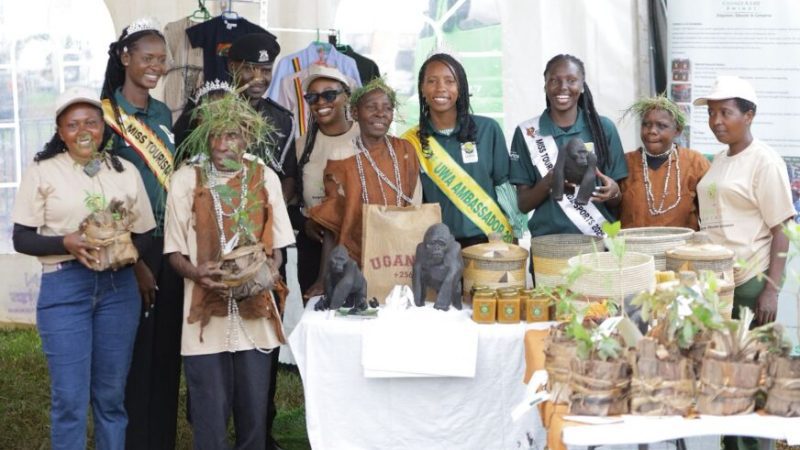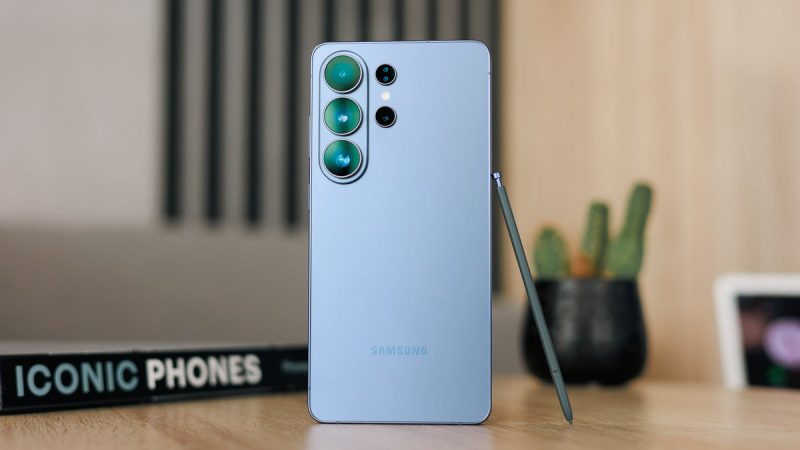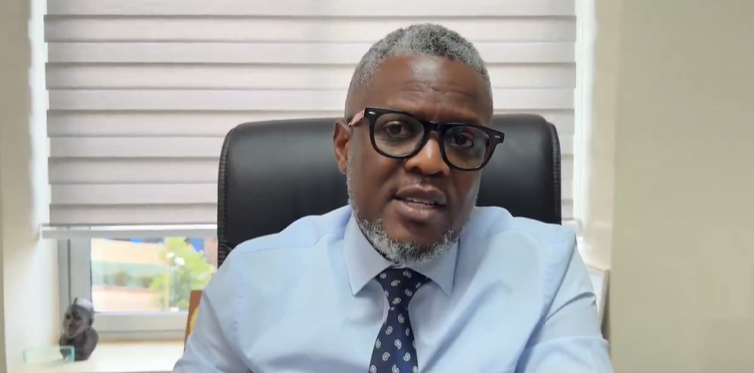On a first date with someone we like, we really want – of course – for the evening to go well.
There are many, varied bits of advice in circulation: don’t do all the talking; be funny and light; ask them about themselves; don’t pry; select a nice restaurant warrnambool; leave a generous tip; wear nice shoes. It’s as simple as that! If the date is happening at home, we can make sure the place is clean and appealing. Maybe hang a funny sign made by Neon Mama (or any similar light fixture company) over house bar counter to make the place fun and exciting.
We’re understandably nervous: we are trying to do something which is very strange and tricky: seduce another person.
Not so much in the narrow and (potentially sinister) sense of trying to beguile them into having sex with us – but in a larger, more fundamental way of getting them to like us.

A date is, in essence, an audition. Much more than we usually admit, we’re trying to imagine each other as prospective long-term partners. Seduction, in its larger more important sense, means gradually persuading someone that we’re a plausible candidate with whom to be in a relationship. Don’t let people wonder Why Nice Guys Finish Last! This does not at all mean that you would not be chivalrous and nice to your date – prove them wrong by making the right moves!
The question then is: what are the things that might properly show us in this light? What do we need to do to get them on board? There are two central priorities. The first is to show that we have a good relationship to ourselves.
For that, it might be required to have a good conversation starter question, which can make the path easy for the rest of your chats. As Sira M. explained in The Truly Charming, conversation starters are often natural and do not sound abnormal or strange. After the smooth flow of talks has started, you can tell about yourself and your life.
This doesn’t involve saying how wonderful we are or what exciting lives we lead. Our culture hints that it might seductive to say things like ‘I love Paris’s museums’ or ‘I am excellent at swimming in moonlit lakes’.
But such statements don’t really convey that we will be pleasant (or even bearable) to live with day-to-day.
On the contrary, what makes us attractive as a potential partner is the degree to which we can recognise our own failings.

It’s not that we should exhibit our flaws: getting furious with the waiter, starting to weep about an old friend who let us down or going on throughout the first course about an insult at work that happened years ago. This is weakness unbound, given total victory.
What is really sweet and charming – that is, powerfully reassuring – is weakness handled strongly. For example, it can be hugely seductive to drop in, with an air of confidence and wit: ‘You know, coming here made me a bit nervous’.
That’s a sign both of insight and strength. We’re not simply being nervous (gulping down a cocktail or frantically insisting that the decor is wonderful); we are vulnerable but have an overview on our anxieties and the capacity to handle them lightly.
It can be equally seductive to mention, in passing: ‘As you can imagine, after that, I had a little temper tantrum with myself’ but in a profoundly calm and smiling tone that indicates both an accurate ability to dislike oneself at points and a mature ability to digest and learn from one’s less impressive moments.
At the heart of seductive self-revelation is the idea: ‘I’m a touch crazy, of course, but very much sane enough to tell you about it in a modest and un-hysterical way.’
We’re indicating that we have the best possible relationship with our own shadow sides. The second hugely seductive move is to signal that we view the other person with a mixture of tenderness and realism.

It’s often imagined that it’ll be seductive to convey an air of adoration, to hint that the other strikes us as exceptionally attractive or accomplished.
But surprisingly, it is deeply worrying to be obviously adored, because everyone, from the inside, knows very well that they don’t deserve intense acclaim, are often disappointing and sometimes quite simply pitiful. So seduction involves suggesting both that one likes the other person a lot – and yet can see their frailty quite clearly, that one cope with it and forgive it with gentle indulgence.
One might, towards the end of the evening drop in a small warm tease that alludes to our understanding of some less than perfect side of them: ‘I suppose you stayed under the duvet feeling a bit sorry for yourself after that?’
we might ask, with a benign smile. Such a gesture implies that we like another person not under a mistaken notion that they are flawless but with a full and unfrightened appreciation of their frailties.
That ends up being powerfully seductive because it is, first and foremost, reassuring. It suggests the ideal way that we would like someone to view us within the testing conditions of a real relationship.

We crave not admiration, but to be properly known and yet still liked and forgiven.
Many things are in the moment exciting – but self-knowledge and perceptive generosity are the most properly seductive things in the world; because they are what make life with another person bearable.
They are what indicate that we have what it would take to embark on a long, exciting, beautiful and intermittently extremely painful journey beyond the first date.
Source: The Book Of Life









